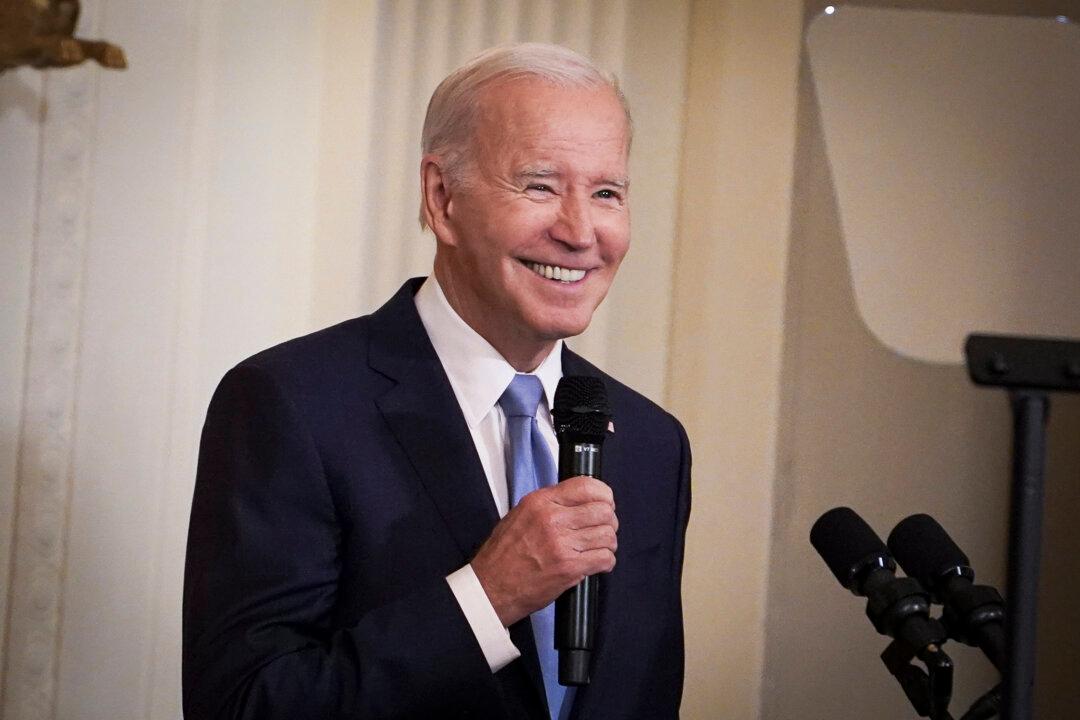President Joe Biden kept his promise to veto legislation reversing his temporary suspension of tariffs on some solar panels from China.
“Passage of this resolution bets against American innovation. It would undermine these efforts and create deep uncertainty for American businesses and workers in the solar industry,” Biden wrote in a May 16 message to the House.





